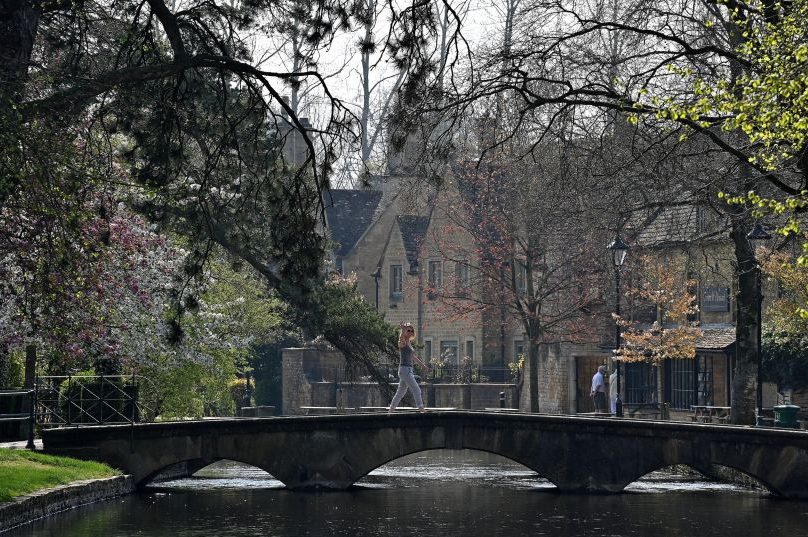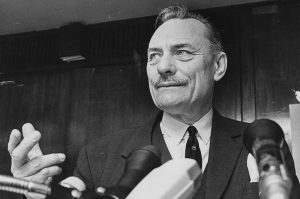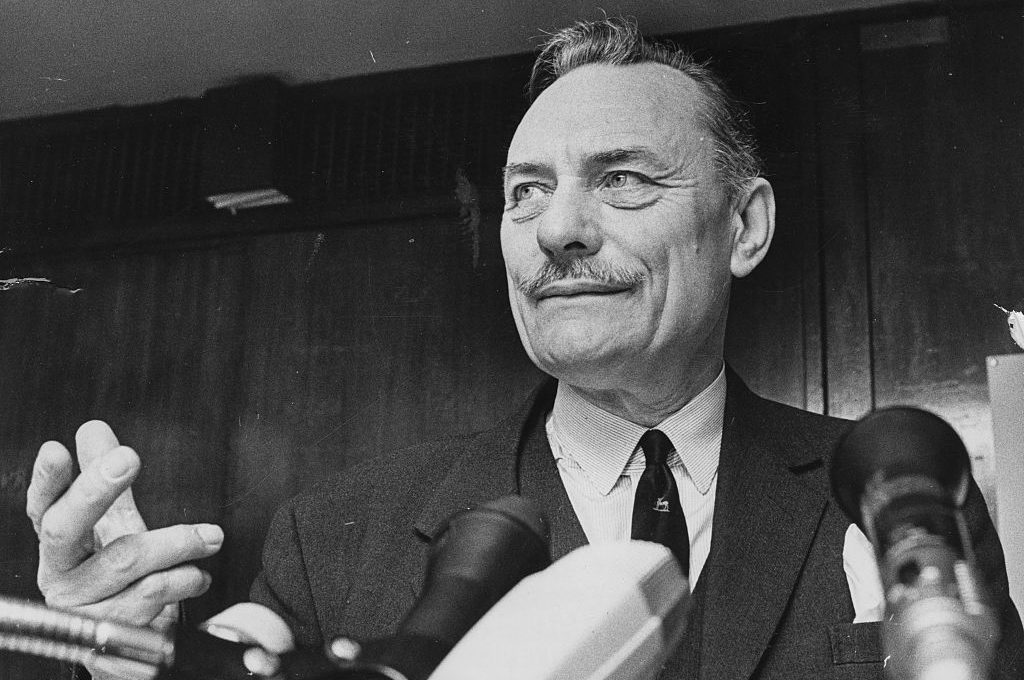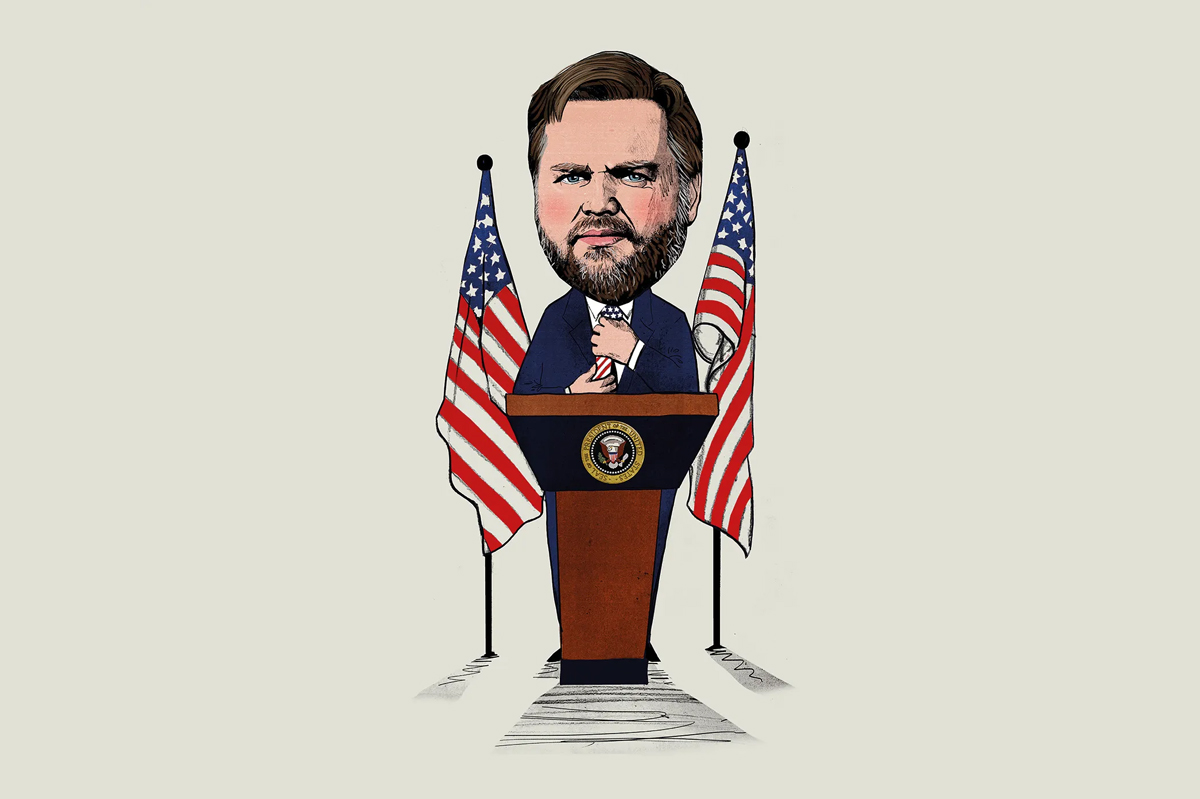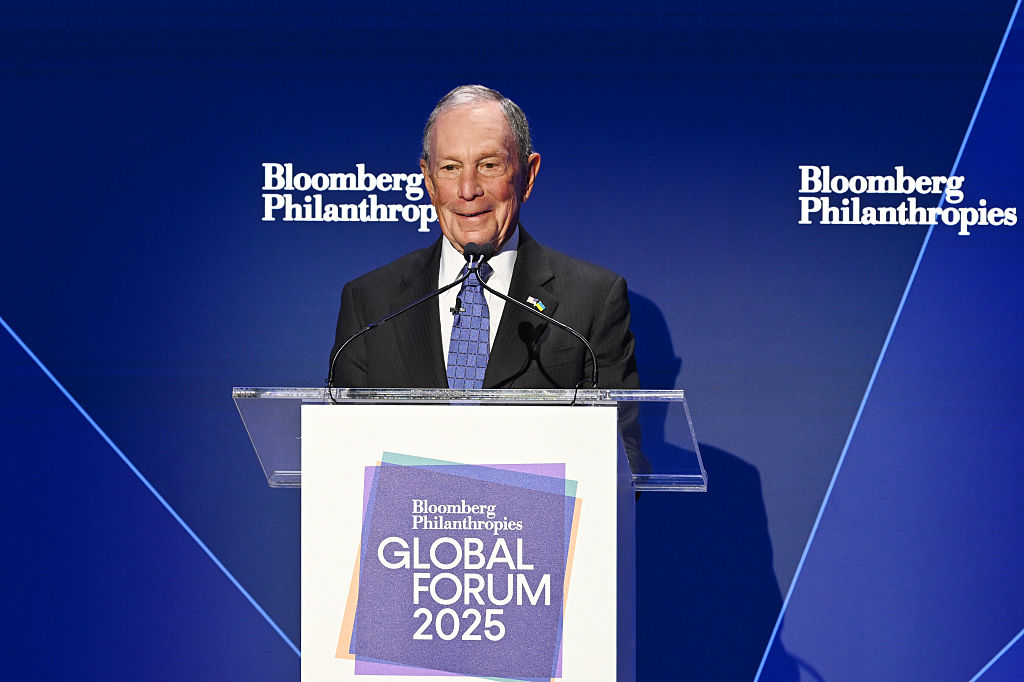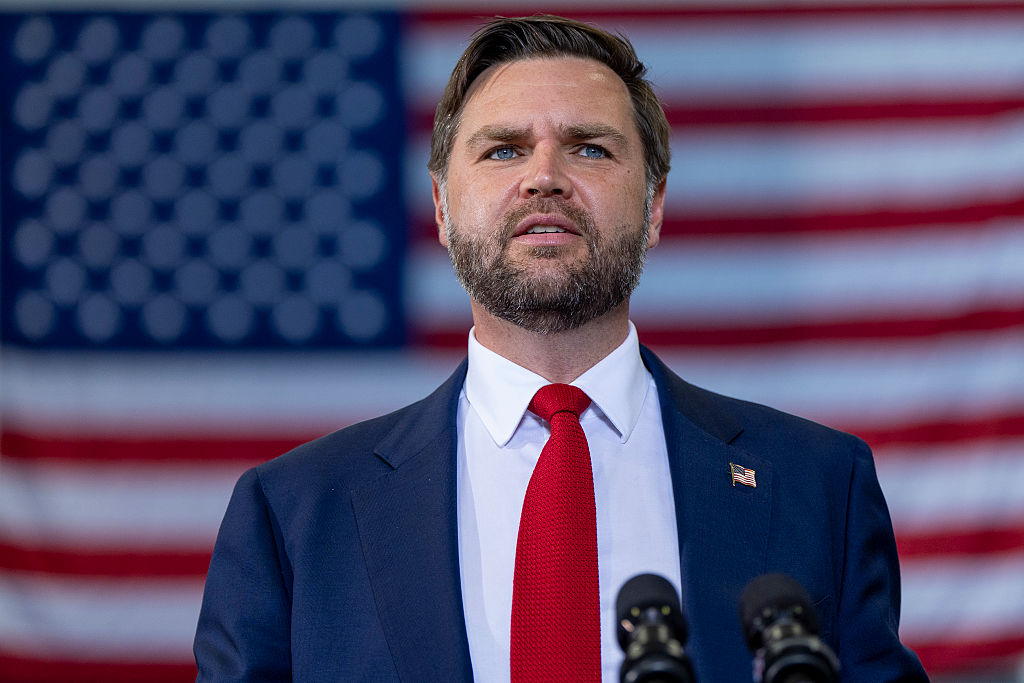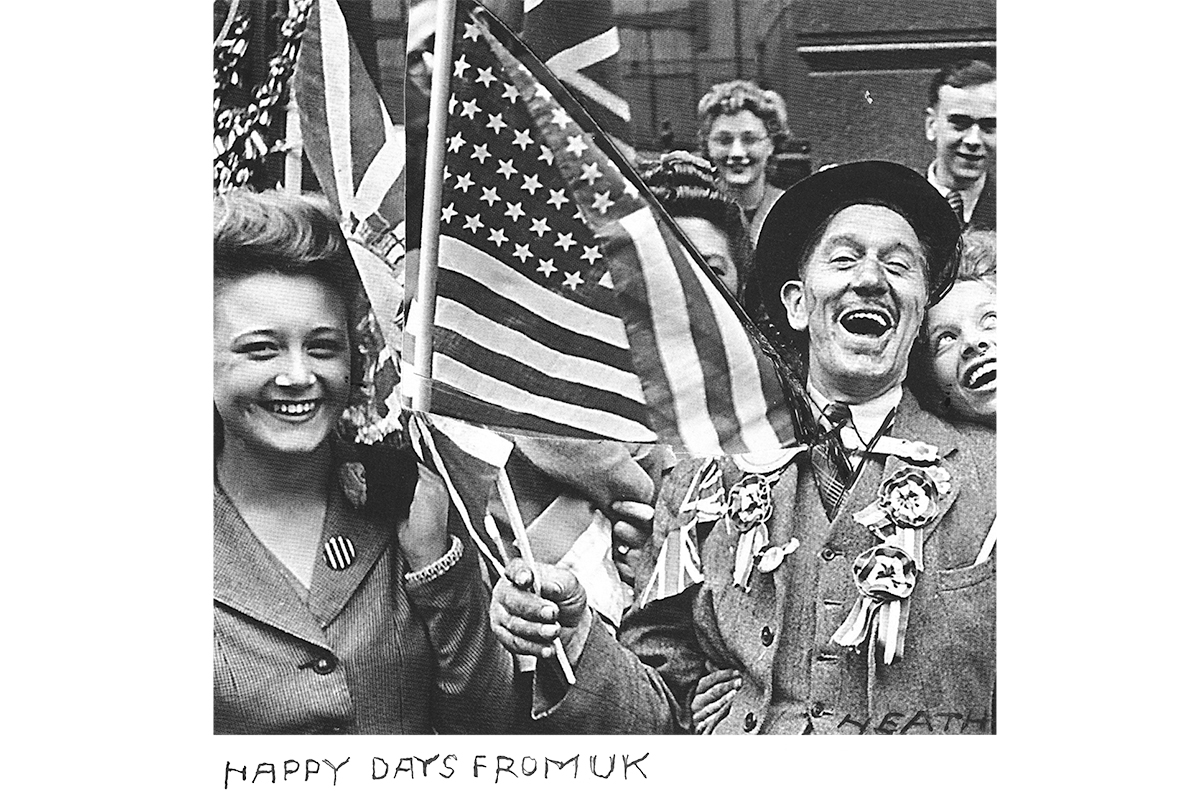Have you heard the one where the Vice President of the United States and a lesbian former talk show host walk into a farm shop in Gloucestershire? No, it’s not the set-up to a joke – it’s just another Tuesday in the Cotswolds in 2025.
The Cotswolds still looks like England – hedgerows, pubs selling Sunday roasts – but what it offers now is something different
Ellen DeGeneres has confirmed that she’s staying put in the Cotswolds, where she’s been holed-up since the 2024 US presidential election. J.D. Vance – now Vice President under Donald Trump – is also planning on spending part of the summer there too.
Two Americans, worlds apart, wind up in the same tiny sliver of England. One wants to grow heritage carrots. The other wants to dismantle the administrative state. Both think they’ve found something pure in the Cotswolds.
They’re just the most high-profile arrivals. The landscape is changing fast – not with tweedy old money, but with something slicker, richer, and often flown in by private jet from Jackson Hole or Montecito. US applications for UK citizenship hit a record 6,100 last year – up 26 percent, with a noticeable spike around Trump’s re-election. Not all of them are settling in the Cotswolds, but the symbolism is hard to miss.
I live a few miles from all this, though not quite in it. My Wiltshire town sits at the bottom edge of the Cotswolds – included in old guidebooks, left out by the tourist board. Not an Area of Outstanding Natural Beauty, just a place of roundabouts, new-build estates and modest aspiration. The fantasy starts a few miles up the road – but you can feel the changes even here.
Not long ago, the region was the playground of the Chipping Norton set – tabloid editors, minor royals and David Cameron-era politicians, knocking back magnums of rosé behind the Big Green Egg. Today, that world looks parochial beside the star power and deeper pockets of the new arrivals.
“We got here the day before the election,” Ellen (net worth £300 million) told a thrilled audience at the Everyman Theatre in Cheltenham last week. “And we woke up to all these texts with crying emojis. I was like, ‘He got in.’ And we’re like, ‘We’re staying here.’”
She’s far from the only one. The area has become a sanctuary for the globally famous and fabulously rich – drawn not just by the scenery, but by the curated serenity on offer. Nowhere captures that better than Soho Farmhouse: less country club than lifestyle hallucination. Alongside Daylesford Organic and Estelle Manor, it forms a triangle of soft-focus luxury that now draws in everyone from Ryan Reynolds to Meghan Markle.
This weekend, Eve Jobs’s £5 million wedding took place there, attended by Kamala Harris, Olympic showjumper Jessica Springsteen, as well as Sofia Abramovich, daughter of former Chelsea owner Roman.
Ellen, like a few celebrity Cotswolds transplants before her, treats the countryside as an Instagram backdrop – part Marie Antoinette fantasy, part photo op. Her foray into rural life mirrors that of Jeremy Clarkson’s gentleman-farmer routine.
Meanwhile, the real countryside is being hollowed out. More than 6,000 agricultural businesses shut down in the past year alone, many facing pressure from UK Chancellor Rachel Reeves’s planned inheritance tax reforms. Family farms – already battling drought, debt and wafer-thin margins – now face the prospect of selling off land just to survive.
Reflecting on her own foray into farming, DeGeneres told an audience in Cheltenham: “We built a fence – and it was so ugly it ruined everything. Then I had to pay to take the fence down. The sheep just walk and go to the bathroom. That’s all they do. I had to keep cleaning it up because our dog kept trying to get in it.”
Mistakes like this are easily corrected. Ellen and her wife, Portia de Rossi, have already put their first Cotswolds home – Kitesbridge Farm, bought for £20 million in 2024 – back on the market for £30 million. Not because they’re leaving, but because they’ve found something grander just up the lane.
Behind the limestone facades lies a very different Cotswolds. Coventry University’s 2023 Hidden Hardship project – based on diaries and interviews with residents of the North Cotswolds – found that experiences of deprivation were often concealed. Life can be a daily struggle: limited transport, insecure work, unaffordable housing – not crisis, but slow attrition. Stigma was a recurring theme. “It’s embarrassing,” said one participant. “In the area that we live in…to say, ‘I’m really struggling here.’ You feel judged.”
So is this what brings the Vice President to Stow-on-the-Wold? The elegist of rustbelt decline, in search of England’s own lost rural soul? Perhaps. But the real clue came last year, when on the campaign trail he declared that, “London isn’t English anymore.”
Maybe the former tech bro is seeking the real England – rooted, white, orderly – and he thinks he’s found it here. But the countryside he’s holidaying in is no more secure than the one he left behind. England’s rural communities, like America’s, are hurting – not just from the pressures of global capital, but from the slow attrition of services, jobs, and meaning. As This Country creator Daisy May Cooper put it, reflecting on her Cotswolds upbringing: “It’s hell if you’ve got no money.”
The Cotswolds still looks like England – hedgerows, pubs selling Sunday roasts – but what it offers now is something different. This is England as lifestyle product. A rural fantasy for the fundamentally dislocated – not from the land, but from the lives most people actually live.
For the wealthy American visitor what you find here isn’t Englishness. It’s familiarity.
I grew up in partially in California – not the redwoods, but in one of those lush southern California canyons, all eucalyptus, bougainvillea and discreet driveways. The kind of place where the private security approach if you go on a walk but forget to take the dog.
Now, when I’m feeling nostalgic, I just drive a few miles north – and I’ve never felt more at home. The same green tea lattes. The same facile wellness speak. The same small-batch kimchi, turmeric kefir, locally sourced honey, and artisanal nduja nobody asked for.
For some, it’s a retreat from American dysfunction – a place that feels slower, safer, somehow more “real.” For others, it’s a postcard from a vanished past: tradition, order, a countryside untouched by modernity.
These days, the Cotswolds offers a fantasy of England – perfected by borrowing from a certain vision of California. A Potemkin England, not alien exactly, but sealed off from reality. Not Oxfordshire so much as Napa with pubs.



